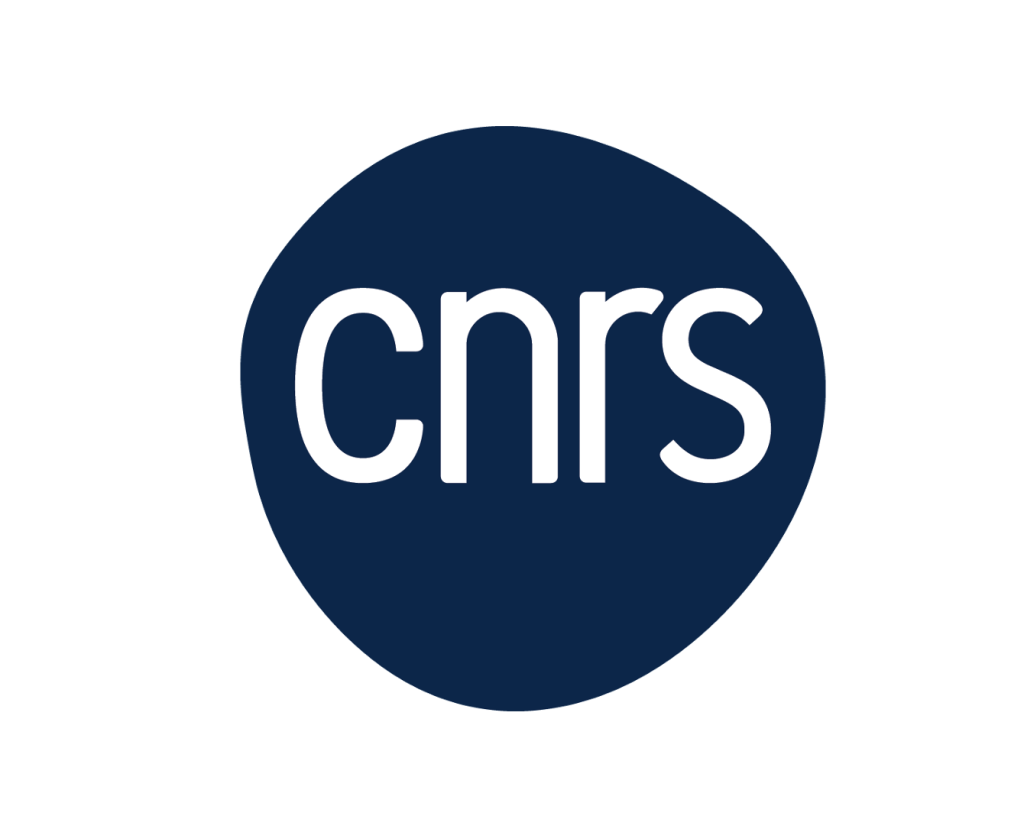The development of mixOmics has been partially supported by several funding bodies over the years
- 2024 – 2028: National Health and Medical Research Council (NHMRC) Leadership 2 investigator (GNT2025648, Kim-Anh Lê Cao)
- 2020 – 2023: NHMRC Career Development fellowship 2 (GNT1159458, Kim-Anh Lê Cao).
- 2020 – 2023 ARC Discovery Project (ARC DP200102903, Kim-Anh Lê Cao)
- 2018 – 2019: Chan Zuckerberg Initiative Silicon Valley Community Foundation, HCA2-A-1708-02277 (Kim-Anh Lê Cao)
- 2015 – 2019: NHMRC Career Development fellowship 1 (GNT1087415, Kim-Anh Lê Cao).
- 2014-2017: Australian Cancer Research Foundation (ACRF) for the Diamantina Individualised Oncology Care Centre at The University of Queensland Diamantina Institute (Kim-Anh Lê Cao, Florian Rohart)
- 2013-2015: ARC DP130100777 for MINT (Florian Rohart)
- 2011: UQ travel grant awards for international collaborative research, Statistical development and analysis of organ transplant studies from The Prevention Of Organ Failure (PROOF, Centre of Excellence/University of British Columbia, Canada).
- 2011–2013: Health Research Council Funding 11/642, Probing illness with a novel multiomic time-course statistical platform.
- 2011: The Maurice & Phyllis Paykell Trust, Development of statistical and computational methods for the integrated 3-omics analysis of a longitudinal study for the interaction of obesity in acute pancreatitis.
- 2011-2013: Cooperative Research Centres (CRC), Development of statistical and computational methods for the Wound Management Innovation CRC.
Other grants that have supported, in part, the methodological developement and implementation of mixOmics:
- 2006-2009: Program on Food and Human Nutrition of the French National Research Agency, ANR PNRA 2006, project 2.23, PlastImpact
- 2006-2008: Transcriptome vs protéome, un examen des régulations traductionnelles par une approche de biologie intégrative chez Lactococcus lactis (AgroBI).
- 2005-2007: Modélisation des dynamiques microbiennes par systèmes multi-agents adaptatifs intégrant les données macroscopiques et moléculaires (ANR).
- 2004-2006: Développement d’un environnement dédié à l’analyse statistique des données d’expression (ACI IMPbio).













